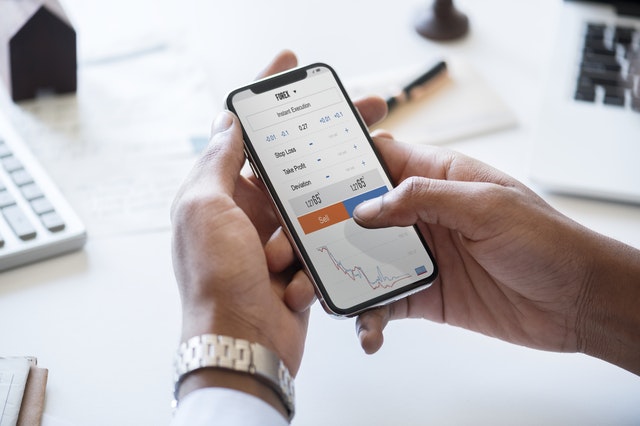There are are many forms of trading now and for lovers of new ways to make money, the number of options has become hard to keep up with. The jargon can be confusing, and keeping track of the cause-and-effect of price movements can be bewildering.
Social trading is a new trend in trading that has changed the face of investment by offering an interesting alternative. Whether a person’s interest is Forex investment (foreign exchange trading), predicting future price changes (binary options) or dabbling on the stock exchange, social trading has become a modern means to greater success via the phenomena that is crowd sourcing. Read on to discover how social trading is changing the way would-be punters trade.
What is social trading
Social trading is the marriage of social media platforms and traditional financial trading. Similar to social media platforms, traders interact freely and make informed decisions based on the tips, suggestions and news articles posted by others. In other words, social trading is a crowd-sourced approach to making effective trading decisions.
How does social trading work?
Originally social trading was conducted on a purely casual basis on social media platforms. Traders would post tips and results as status updates via Tweets or Facebook updates and interested followers would interact with traders on these posts. News articles related to trading opportunities were also be shared, so traders within the community could help each other win.
Eventually, social trading became official and started to stand on its own as an online platform for making money. Websites such as copyop now provide sites for exclusively offering social trading, aside from social media activity. Traders can create accounts on these sites and follow experienced traders to observe their style and approach. They can then trade based on what they see and learn. Alternatively, they can copy a trade by pinning their trading actions to more experienced traders.
Copy trading is the best-known form of social trading
Through copy trading, new traders need not know anything about market forces to succeed. On social trading sites, a user can pin their accounts to a trader of their choosing. Whatever transaction the more-experienced trader makes, the new trader’s account will copy that. Both will earn and lose in parallel. The copy trader can control the amount invested while winning or losing from the more-experienced trader’s opinion.
Who uses social trading?
Social trading has actually heralded what some are calling a “return of the day trader.” Like day trading, social trading appeals to traders who have spare time on their hands, such as stay-at-home parents or work-from-home employees. The easy access through online platforms makes this an easy hobby (or serious pursuit) to get into.
Why Enter Social Trading?
Social trading is popular because of the community-based and crowd-sourced aspect of dabbling in trade. In social trading, there is an automatic level of trust assigned to the community a person might choose to join. The interaction means new traders learn from more experienced ones, and can share in both successes and failures. Users develop trust with other community members over time and this, like many other social platforms, is a key ingredient to growing popularity of social trading.
Have you tried out social trading? What was your experience? Leave your thoughts in comments below.


 YOU
YOU





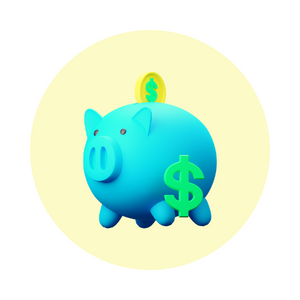 Money
Money




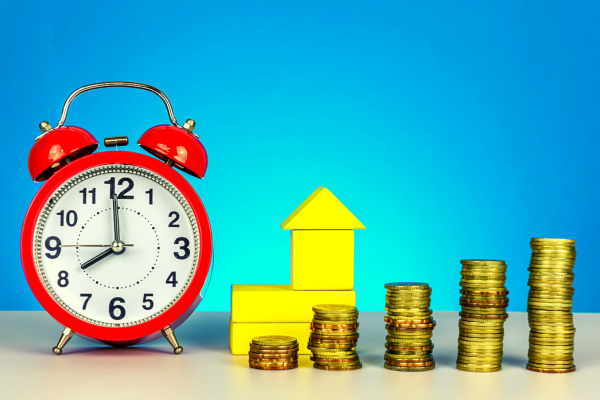
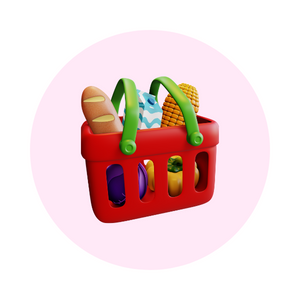 FOOD
FOOD





 FAMILY LIFE
FAMILY LIFE




 HOME & GARDEN
HOME & GARDEN




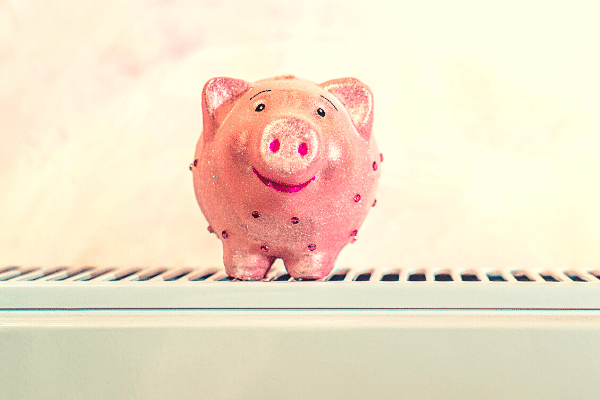


 ORGANISE
ORGANISE

 EVENTS
EVENTS





 LIFESTYLE
LIFESTYLE











